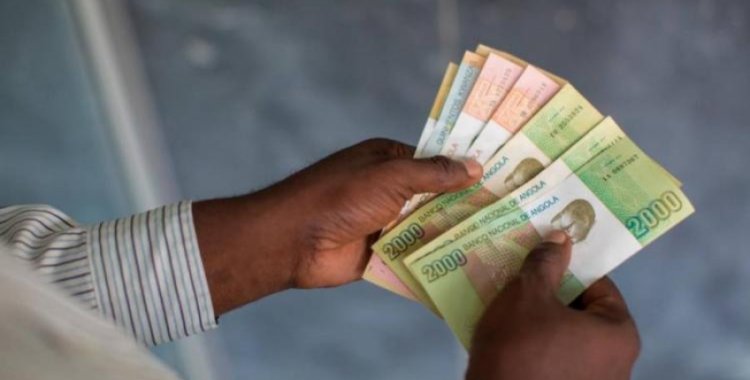Wilson Chimoco considered that the new path of the kwanza, which has appreciated 20 percent against the dollar since the beginning of the year, is mainly due to the supply of foreign exchange on the market, above the market's absorption capacity.
"With the increase in the price of oil at the levels it is at, currency auctions on the Bloomberg platform have had constant demand, fundamentally associated with banks, which have not kept up with this increase in supply", said the economist this Wednesday, in statements to Lusa.
With the maintenance of restrictive monetary policy, he stressed, "Angolan commercial banks have difficulties today in accessing the kwanza, there are few kwanzas on the market, and this makes it difficult for banks to search for foreign currency."
For Wilson Chimoco, both factors, namely the increase in the supply of currency on the market and the restriction of demand for currency by banks, justify the current scenario of an increase in the price of the kwanza against the dollar.
The kwanza was the currency that appreciated the most against the dollar since the beginning of the year, gaining 20 percent, driven by the rise in oil prices, increased macroeconomic stability, monetary policy and the rise in the rating.
According to the Bloomberg financial information agency, the national currency has recovered 20 percent against the dollar since the beginning of the year, in a list in which the Russian ruble is in the last position, losing 37 percent against the current dollar.
The price of oil, Angola's biggest export product, despite the slowdown in price increases in recent days, almost doubled in value last year, reaching US$139 this month, which represents an increase of 28 percent since the beginning of the year.
Wilson Chimoco also pointed to the adjustment of the market, "which was seen in the last four years after the exchange rate liberalization in 2018, adjusted much above expectations", as a mechanism that also boosted the new path of the kwanza.
On the other hand, there are "more short-term factors", such as "the increase in the price of a barrel of oil and associated with a greater supply of currencies in the market", leading to "this issue of the market itself, which is the adjustment and/or correction of depreciation", he insisted.
The import of products at lower prices and the evolution of fiscal indicators are pointed out by the economist as reflections of the appreciation of the national currency for the Angolan economy.
In the expert's opinion, the current course of the kwanza encompasses several impacts and the "most relevant", he observed, "is the possibility for the country to start importing products at much lower prices".
"We are saying that the country still continues to import many products of current consumption, capital products, machinery and equipment and raw materials for the process of internal production of goods", he noted.
"With a lower appreciation of the exchange rate, there is always the possibility of importing at lower costs and domestic production being carried out at lower costs, which later translates into a smaller increase in prices in the economy, this is a possibility", he pointed out.
But also, he pointed out, "there is a possibility that today there will be a reduction in the capture of oil tax revenues by the State, that is, because the collection of tax revenues is done in kwanzas, there is an exchange gain associated with greater exchange rate depreciation".
A third impact "is the evolution of fiscal indicators, fundamentally with the public debt ratio" because "a good part of the Angolan public debt is external and that which is internal, 45 percent is indexed to the exchange rate variation".
With this appreciation of the exchange rates, "what is happening is that the stock of Angolan public debt is being reduced and the internal debt ratio will also tend to decrease because, on the other hand, the GDP (Domestic Product Gross) nominal is increasing", said Wilson Chimoco.
The Angolan economist also considered that the current trajectory of the kwanza should continue to grow, with a view to an equilibrium rate between 470 kwanzas and 520 kwanzas per dollar.
"In the future, what will happen is a fluctuation more in this range and not the large adjustments that have been seen so much with the depreciation from 2018 to 2020, as well as with this appreciation that we have seen in recent times", he concluded.







